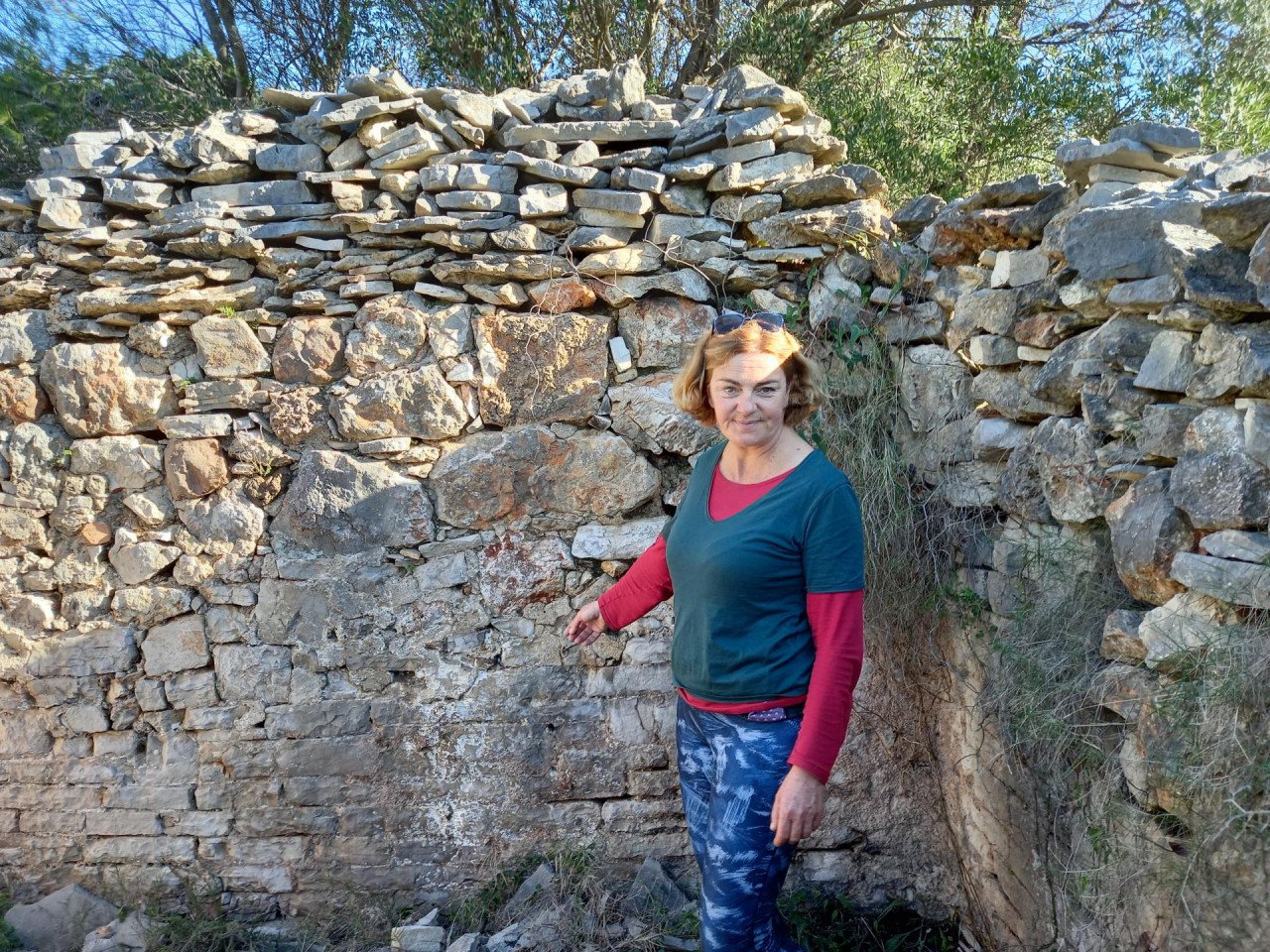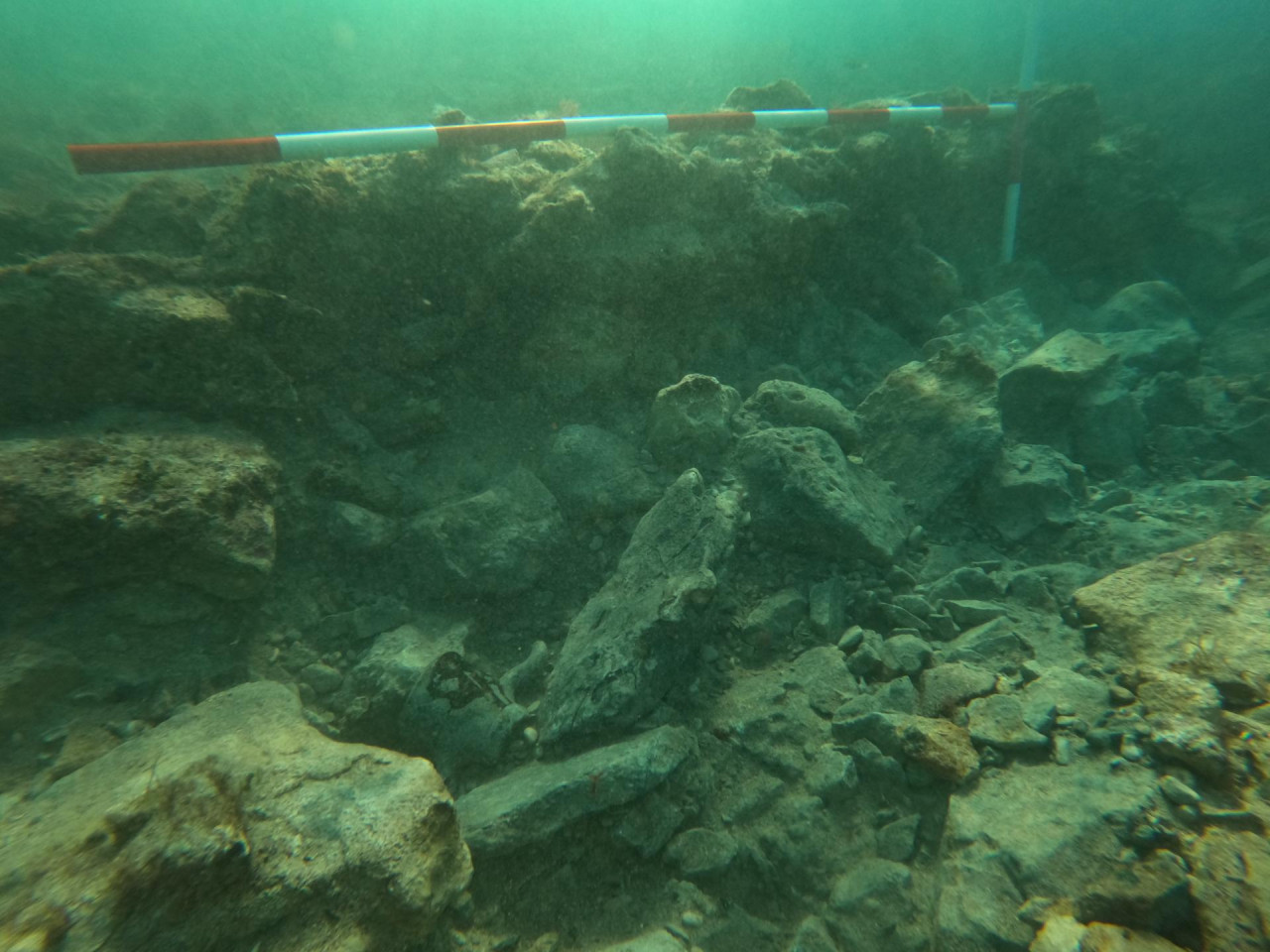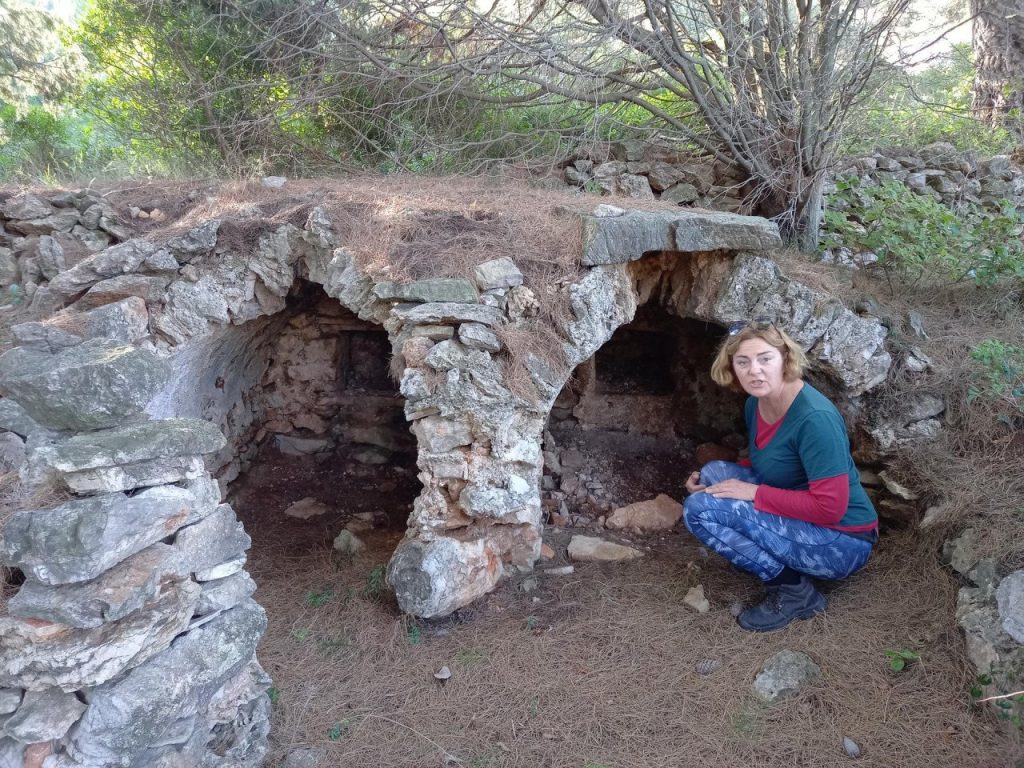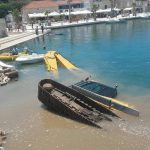According to historical sources, the first written mention of an archeological site in the Hvar Island seabed, but also the whole of Croatia, was left by the Italian naturalist Alberto Fortis in 1774, recording the findings of Roman amphorae in Sućuraj.
Since then, more than 200 similar sites have been registered in the area, and many underwater archaeologists have given their all to their research and protection. Among them is Tea Katunarić Kirjakov, a professor at the Academy of Arts in Split.
Her recent engagement has been associated with a fully preserved Roman shipwreck with wine amphorae from the turn of the second to the first century BC in the seabed of the island of Šćedro.
The ship did not reach Rake Bay, where the architectural remains of the Roman villa dock are found today. The seabed is rich in traces of life from all periods. However, she was recently transferred to the northern side of Hvar to work with her team in Carkvica Bay near Jelsa, reports Slobodna Dalmacija.
“Since we heard about this locality from local fishers and divers, we decided to check what it is really about, map and valorize it in the right way, and determine its age and cultural value. Of course, it should be formal and legal, but also protected so that the site could eventually be included in the tourist offer,” says Katunarić Kirjakov.
The activities are carried out in cooperation with the Ministry of Culture, the Jelsa Tourist Board, and the Agency for the Protection of the Stari Grad Field. Her team consists of local divers Bariša Sušić, Boris Huljić and Dino Ćurin, and archaeologist Vedran Katavić from Split.
At the entrance to the bay is the church of Sv. Luka from the 14th century, probably built on an older building that guided sailors on their way to safe bays, such as Carkvica. Research on the nearby mainland is not being conducted for now, although it will be necessary for the near future to understand the context of the findings in the sea fully.

Mirko Crnčević
“On the mainland, we see a large scale luxury Roman farm building whose walls are exceptionally well preserved, and by their construction, we can conclude that they are from an earlier time, meaning from the beginning of the imperial period. We also have pottery fragments possibly dating back to the Roman Republic era, when sea levels were lower than they are now.
The coastal hiking trail passes through an ancient cistern, which on the one hand, is very unstable and will eventually collapse if protection measures are not taken. In the sea, there are structures of walls, floors made of mosaics, terraces, plateaus, and small breakwaters that served in everyday life,” adds Katunarić Kirjakov.
On the other side of the bay are ancient tombs, so from everything seen and the findings of vessels from the Early Roman period, it can be preliminary concluded that the site is from the first century BC to the fourth or fifth century AD. Such economic facilities have survived for a long time; they had fertile soil in the hinterland, streams on dry land, drainage canals, and communication with the world took place correctly.

Vedran Katavic
These springs of water are still visible in the sea, and it is brackish; let’s say that in antiquity, all the conditions for a beautiful life in that valley, in that bay, were met.”
Professor Katunarić Kirjakov’s team moved to Stari Grad to continue the earlier research.
“In the area of Bonj/Kamareta, we are exploring the only visible original part of the ancient coast in the Stari Grad bay because it was upgraded and built elsewhere over time. We already have a lot of finds there – fine Hellenistic wine drinking vessels, tableware, amphorae from Greece and Spain, which confirms that the city was connected to the whole rich world at that time.”
For more, make sure to check out our dedicated lifestyle section.











